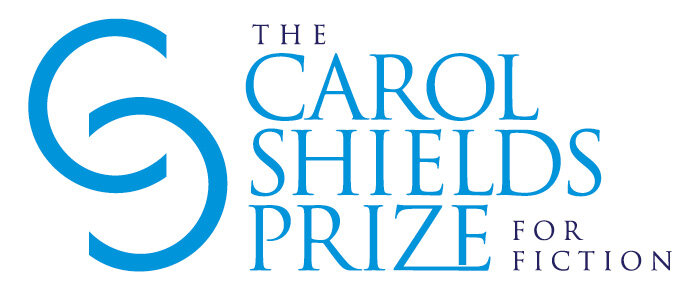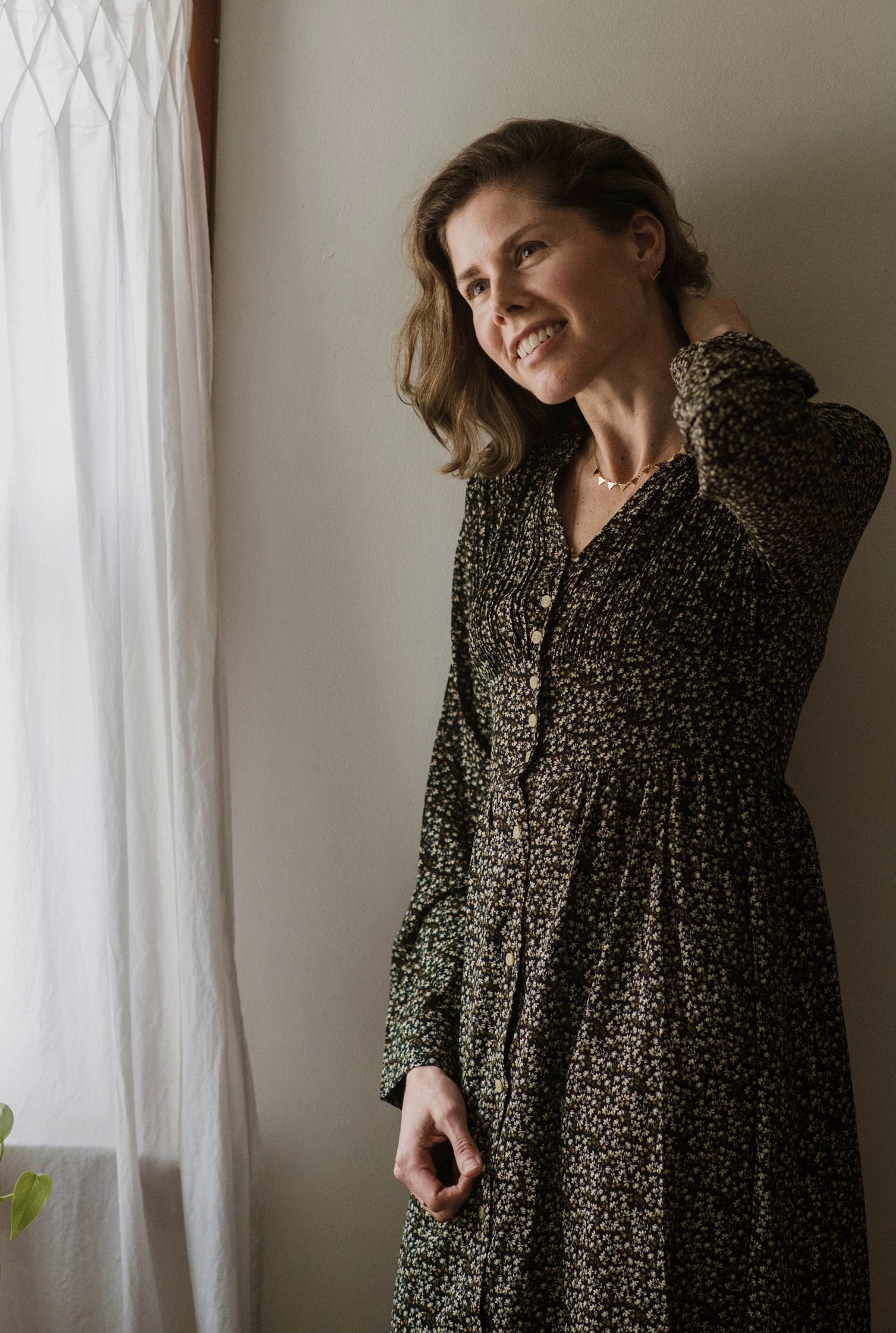Women Reading Women: Katie Zdybel
Welcome to Women Reading Women — a series featuring women writers, and the women writers they love.
Equipoise (Exile Edtions, Oct. 2021) is Katie Zdybel's debut collection of short fiction. Equipoise was shortlisted for the 2018 HarperCollins/UBC Prize for Best New Fiction and stories within the collection were awarded the 2018 Peter Hinchcliffe Short Fiction Award, the 2019 Exile Carter V. Cooper Short Fiction award (a second story by Katie was also shortlisted for the prize), and were publisher-nominated for a 2019 Writers' Trust Journey Prize and two National Magazine Awards (2021 and 2022). Stories from the collection have appeared in The New Quarterly, Exile Quarterly, The Antigonish Review, The Malahat Review, and elsewhere. Katie is represented by CookeMcDermid; she's a recent graduate of the UBC MFA in Creative Writing program and is currently at work on her first novel with generous support from a second Canada Council for the Arts Award.
What is a book you would recommend to any woman writer?
Who Do You Think You Are? by Alice Munro because of the depth of honesty she reaches in portraying the most buried, hidden, and confounding layers of what it means to be a girl, growing up to become a woman. Once you read this, and understand that this level of pure beauty and complexity can be — astonishingly — captured in the written word, there’s no going back. There’s no shorthand after reading it (or any of Munro’s books), no lazy rendering. I read this and understood that my job as a female writer was to attune myself this closely, care to this degree, express with this much simplicity and clarity, the lives of girls and women. I may never be able to do it, but I will always be striving to.
What’s your top book written by a woman?
Lila by Marilynne Robinson. Lila is such an exceptional female character, unlike any I’ve read before. Robinson surpasses ideas of femininity and masculinity by writing Lila first and foremost as a spiritual being, consistently struggling with what it means to inhabit life as a human being (though I don’t think Lila would articulate it this way — she would probably only say she is a human, and a very poor example of one). But her way of embodying womanhood — including motherhood and marriage — is pure only to her and offers an experience so much larger and profound than what we usually see women afforded. Representations of motherhood in literature can be so stifling in that they either show it to be restrictive and damaging, or dreamy and saccharine. But Lila shows us the available sacredness in loving a child through the constant mundane service and fear of loss that often accompanies motherhood. Robinson very lightly shows that it’s possible to view motherhood and marriage and their sacrifices not as a burden but as an almost religious experience that fortifies rather than depletes, expands rather than diminishes. She is the most human character, male or female, I’ve ever read.
What’s the best piece of advice you’ve ever received?
“Don’t worry about it being good; just worry about it being honest.” I’ve come to think that the stories are out there, existing as some kind of energy or unseen force, and that my job is catching these characters in my ear and writing down, as honestly as I can, the stories they translate to me. It sounds a little crazy, but there you have it.
What should every aspiring writer do/know/try/fear/run toward?
We’re all so different and we work well in unique ways. Develop and listen to your own instinct; that’s where you’ll know what to do or try or run toward.
Why do you think books by women are important?
You know how in the field of psychology they came to understand, not all that long ago, that there are many different kinds of intelligence, such as kinetic, artistic, mathematic, etc.? I truly believe there is a whole world of intelligence we haven’t universally acknowledged or explored yet and that is feminine intelligence. That world of feminine intelligence holds so many solutions, so much balance and wisdom and power. Some of that knowledge may be unquantifiable in terms of scientific measurement and for this reason, some people dismiss it. Which makes no sense to me. Much of the knowledge that actually helps me live a very rich, full life, and connect deeply with others and with the natural world, comes from accessing my own female intelligence. We have to stop dismissing feminine wisdom as an extremely limited, not very valuable source and live in such a way that women are allowed to be much greater and more powerful. I think books by women writers who are able to convey feminine intelligence are one of the most effective ways of doing this.
Quick-fire Questions
City you were born in versus city your heart belongs to?
I was born in London, Ontario, though I’ve never lived there; my heart belongs to the Kincardine beaches of Lake Huron.
A piece of art that inspires you?
Nina Simone’s cover of Lilac Wine.
Fill in the blank: ___ helps stimulate my creativity.
Lakes, farmers’ fields, and forests. Also: black coffee.
Describe your writing in three words.
Oh, that’s hard! I don’t know — I can’t read my writing as a reader and answer that. But three words I want my writing to be: true; an offering.
What’s an assumption about you that you don’t think is true?
I have no idea what people might assume of me; my mom told me when I was young that it’s none of my business what other people think of me and I think I’ve generally been able to stick to that.
Name a book that you wish you wrote.
Stoner by John Williams.
In your opinion, who is the most underrated author?
I don’t think these authors are underrated, but I think their short stories may be. I think we still underrate short stories, for some reason — collections by two writers that everyone should read are Simple Recipes by Madeleine Thien and Householders by Kate Cayley.
What’s a book people would be surprised to see in your book collection?
Lots of goofy, funny, smart comic books — I love Calvin and Hobbes and anything by Raina Telgemeier. ■
Do you know a writer who would be a great feature for Women Reading Women? DM us on Instagram!

